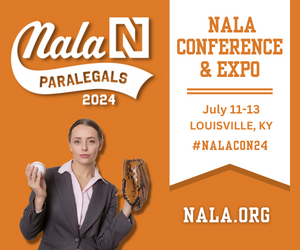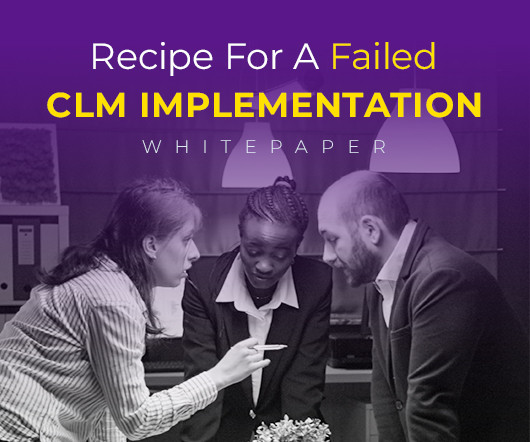Department of Commerce Seeks Comments on The Relationship of Protecting Copyrighted Content and Innovation in the Internet Economy
Broadcast Law Blog
OCTOBER 10, 2010
Last week, the Department of Commerce's Internet Policy Task Force asked for comments on the relationship between the protection of copyrighted content on the Internet and the effect of such protections on technology innovation and the expectations of consumers. The purpose of the inquiry is to develop a report to be circulated among the various government departments that have power over the enforcement of copyrights and the development of rules and regulations that deal with copyrighted materi





























Let's personalize your content